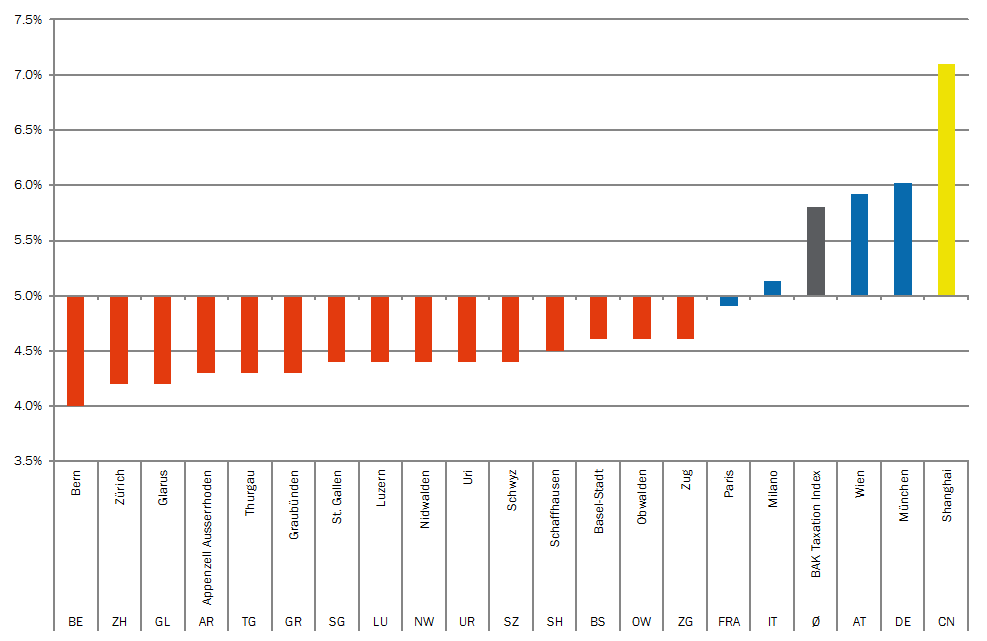Pre Tax Investments and After Tax Investments
Post on: 2 Июль, 2015 No Comment

Taxes
- Taxes affect how much of your hard-earned money you get to keep.
- Knowing the tax rules is important for minimizing their impact on your income, savings and investments.
- Tax-management strategies may help reduce your income tax rate.
Taxes are unavoidable, but mismanaging taxes can result in paying more to the government than necessary. By understanding how tax-efficient strategies can affect your retirement, you have a greater chance of keeping more of your savings for yourself.
Retirement plans typically include either pre-tax or after-tax accounts, or both. Pre-tax contributions help increase savings in your pre-retirement years while after-tax contributions may help reduce your tax burden during retirement. You may also save for retirement outside of a retirement plan, such as in an investment account. Generally, your retirement income should come from both retirement plans and after-tax investment accounts.
Pre-tax contributions
Pre-tax investments, such as 401(k)s and traditional IRAs 1. are also described as tax-deferred. They allow you to postpone paying taxes on the amount you contribute and the earnings that are generated as long as they remain in the account. When you withdraw funds at retirement, youll pay taxes on them 2 .
Potential advantages:
- The account value may grow faster than a comparable taxable investment since the earnings in the account can grow tax-deferred.
- When you do pay taxes later, theres a chance your investment and earnings will be taxed at a lower rate if your taxable income is taxed at lower rates than in your working years.
After-tax contributions
A Roth IRA which takes after-tax contributions, can create a source of tax-free income in the future if certain qualifications are met. Contributions are not tax-deductible in your saving years, but tax-free withdrawals can help reduce your total taxable income when you reach retirement [a] .
Another option to consider is an annuity. An annuity is a long-term insurance product that pays out income. Many people purchase an annuity to provide a combination of protection, tax deferral and income in retirement.
Tips for managing taxes more effectively
A key goal of tax planning is to reduce your taxable income and your effective tax rate. There are a number of strategies to consider:
- When working, consider deducting as much pre-tax from your gross pay as possible. Additionally, consider your financial position and contribute to your 401(k) up to the maximum allowed, also remember to take advantage of company benefits such as payroll deductions for flexible spending accounts, transportation, supplemental insurance, etc.
- Review your assets to identify potential long-term capital gains (gains on assets held longer than one year), which are taxed at lower rates than short-term capital gains or ordinary income.
- Consider selling securities in non-qualified accounts that have had a capital loss which may be deductible to the extent of any realized capital gains plus ordinary income of up to $3,000. Please note that for taxpayers whose income, along with any realized gains, puts them in the 10% or 15% ordinary tax brackets, the tax rate on long-term capital gains is 0%. In this scenario, recognizing losses simply to offset long-term capital gains may not be advisable since no long-term capital gains tax may be due.
- Approach charitable giving in the most advantageous way. For example, you might be better off giving appreciated stock that has been held more than one year to a charity, rather than a cash donation. You may get a tax deduction for the full value of the asset, and an eligible charity could sell it without incurring capital gains tax on the appreciation.
- Think ahead to estate planning to help reduce the impact of estate taxes. Annual gifting is one way to reduce the value of your taxable estate. For 2014 the annual gift tax exclusion allows each donor to give up to $14,000 to an unlimited number of donees without paying federal gift tax. Over time, this is a strategy you might consider to remove assets from your taxable estate.
The tax landscape changes frequently as rates, limits and thresholds adjust, and provisions are introduced or expire. An Ameriprise financial advisor. working with your tax professional, can recommend tax-efficient strategies that are customized to your individual situation, whether your assets are still growing or are already generating retirement income.
1[a] Withdrawal before age 59 may result in a 10% IRS penalty on taxable earnings.
2 Special rules apply to appreciated employer securities in qualified retirement plans.
Do not use this information as the sole basis for investment decisions; it is not intended as advice designed to meet the particular needs of an individual investor.
Annuities are long-term insurance products. Before you purchase, be sure to ask your financial professional about the annuitys features, benefits, and fees, and whether the annuity is appropriate for you, based on your financial situation and objectives.
Most annuities have a tax-deferred feature. So do many retirement plans under the Internal Revenue code. As a result, when you use an annuity to fund a retirement plan that is tax-deferred, your annuity will not provide any necessary or additional deferral for that retirement plan. But annuities do have features other than tax deferral that may help you reach your retirement goals. You should consult your tax adviser prior to making a purchase for an explanation of the tax implications to you.
Neither Ameriprise Financial nor its affiliates may provide tax or legal advice. Consult with your tax advisor or attorney regarding specific tax issues.
Ameriprise Financial Services, Inc. Member FINRA and SIPC.














